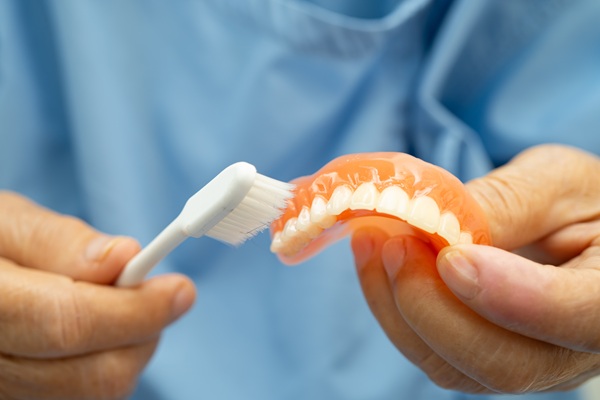How Effective Botox Can be for TMJ

Botox® has become a very effective treatment option for TMJ. Patients with TMJ can suffer from pain and discomfort in their jawbone. We all have a muscle in our jawbone that acts as a hinge. When this hinge begins dysfunctioning, you will have difficulty chewing, and even the simple act of yawning can severely hurt.
Your dentist can treat TMJ in several different ways. They may suggest physical therapy or medication. All the options will help resolve the issues. With these solutions to TMJ available today, you do not need to worry or suffer from this illness.
TMJ can come on for a few different reasons, and once you develop it, you will want the condition resolved sooner rather than later.
What causes TMJ?
TMJ can be brought on for many reasons. Some patients are known to have orthopedic problems before developing TMJ. They may also suffer from inflammation and sore muscles.
It has also been determined that women are more prone to develop TMJ than men, and genes play a very important role in some cases.
Psychological stress is also a big factor. Our body holds a lot of tension when we are stressed, and this stress can bring on TMJ.
Can Botox treat TMJ?
This is an effective treatment because an injection disengages certain jaw muscles for chronic TMJ pain, reducing the muscle spasms and tension brought on by TMJ.
Headaches and teeth grinding are reduced, and this treatment can minimize lockjaw and give more range of motion almost immediately. Patients are pleasantly surprised after the treatment with the outcome and resolution of the discomfort brought on by TMJ.
What are the side effects?
There are minimal side effects from this treatment. You may suffer from headaches or possible respiratory infections. Some patients notice flu-like symptoms and nausea, and even eyelid drooping.
These side effects will subside after a few days, and you will feel normal again. However, you should discuss your dentist if you feel like your symptoms are getting worse or have not gone away after a few days.
Does my insurance cover this treatment?
Call and speak directly with your dental coverage provider to determine if they cover any or all this treatment. It may be necessary to ask your doctor about other alternative treatments so you can call and compare all the costs with your insurance company.
Your dental office will work with you on payment arrangements for any out-of-pocket expense. Make sure to keep in contact with your dental office. They will help you determine what treatment option is best for your TMJ.
Botox is a very beneficial treatment option for TMJ. Once properly diagnosed, your dentist will go over the injection, what will happen, and all the side effects and benefits you can expect.
The injections should result in keeping you out of pain and discomfort in your jaw for several months, and you will be happy you were able to discuss your symptoms with your dentist.
Learn more from your dentist
You may or may not know that Botox can be used to treat TMJ. If you'd like to learn more, reach out to your dentist to get the ins and outs about how this works. You may be able to get relief from this simple procedure.
Request an appointment here: https://www.annarborpersonaltouchdentistry.com or call Shiva G. Rad, D.D.S. at (734) 436-0817 for an appointment in our Ann Arbor office.
Check out what others are saying about our dental services on Yelp: Botox in Ann Arbor, MI.
Recent Posts
We have all heard about how Botox® is used to eliminate the early signs of aging. But what you may not know is that the injectable protein that relaxes muscles and reduces wrinkles can also be useful for various esthetic dental procedures by helping enhance smiles and reducing pain. Esthetic dentistry refers to various types of…
Dentists use dermal fillers on their patients if the goal is to have a full smile makeover. You can be sure that your injections will be accurate. Esthetic dentistry has a variety of dermal fillers based on your needs. The choice of fillers also depends on the location of the injection site. If you want…
Wondering if dental Botox® is the right choice for you? Common types of Botox® treatments that dentists provide for their patients include smoothing out forehead wrinkles, smoothing out wrinkles around the eyes, helping patients who have been diagnosed with bruxism to not grind or clench their teeth and helping patients who have been diagnosed with…
Cosmetic dentistry uses both art and science in its many treatments. It focuses on enhancing your oral health, as well as your appearance. The advancements in this field help you achieve your smile goals. Here are the details on how cosmetic dentistry can improve your smile.Each implant provides a tooth replacement that can blend well…


